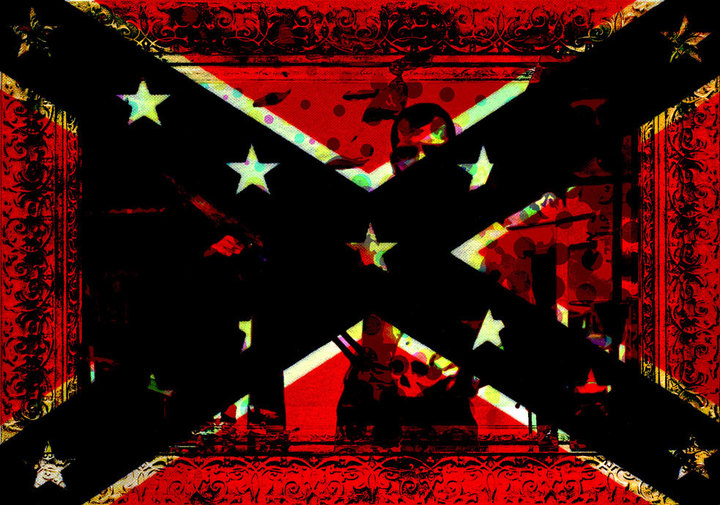
[Also published at Huffington Post.] We have to call out horrors like what happened yesterday, and there’s value in doing it: to make it clear what America is and what it cannot be.
At the same time, I think there’s also a risk in having such obvious villains as Nazis and KKK members to point to, because it’s so easy to denounce them, feel good about ourselves, and move on.
In day-to-day life, people don’t wear swastikas. Almost no one thinks of themselves as a bigot. But we all have at least some fear or hatred of others within us. If we refuse to see it, we create an internal darkness similar to the one that allows bigotry to grow in society as a whole.
And whatever’s going on inside each of us, it’s what each of us does that matters. Judging others just distracts us from what matters.
Warning, it’s about to look like I’m going to blame the other party, feel good, and move on ― if you think that, please read on to, “And we Democrats…”
Right now it matters that Republican leaders don’t just make stronger statements than Trump’s ― an easy test to pass ― but that they stop acting to enable bigotry. They do that not just by supporting Trump’s bigoted policies, but by advancing their own, like their longstanding efforts to suppress the minority vote under the pretense of stopping nearly nonexistent voter fraud.
And individual Republicans, whatever they feel in their hearts, need to stop enabling a Republican Party that has welcomed racists since the mid-1960s. The Nixon campaign designed the Southern Strategy, and the party kept on using it, even after former GOP chair Ken Mehlman apologized for it. Under the Southern Strategy, explicit racial slurs were replaced with code phrases like “states rights,” “welfare cheats,” and “law and order.” The only difference with Trump is that he has dropped the veil that had been hiding the naked racism.
And we Democrats should be careful of using Republican bigotry as a free pass. Yes, our party has been on the right side of civil rights since the ’60s. I’m not suggesting a false equivalence. But there are issues like affordable housing, for example, in which many liberals support zoning regulations that have the effect of keeping neighborhoods segregated, without anyone having to look too hard at how it happens.
The challenge is to see clearly, especially when it’s uncomfortable ― it’s so much easier to see where other people are falling short ― and more importantly, to do things that make a difference.
So of course we have to call out horrors like Charlottesville. But we also have to be able to talk openly and usefully among ourselves, when there isn’t such obvious evil to decry, and find ways to change things that need to change. I think that means avoiding the distracting temptation to judge each other ― at worst, getting into ever-escalating moral purity contests ― and it also means avoiding the temptation to judge ourselves.
See ourselves, yes. But too often judgment is like a heat sink ― energy that could be used for change just gets converted to guilt, and lost.
None of us is morally pure. But each of us, in all our impurity, can make things better.